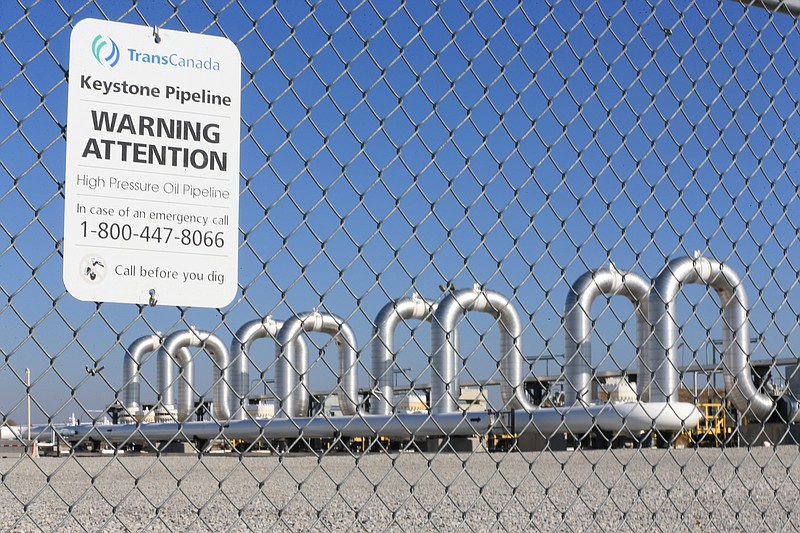The political decision Friday by President Barack Obama to reject the Keystone XL pipeline is just as shortsighted as the country's lack of a push for energy independence following the gas crisis of the late 1970s.
When prices settled down following the gas crisis almost 40 years ago, no one seemed to worry. Now, the president seems to believe that since gas prices are low again, thanks to policies in the U.S. which he opposed like the extraction of oil and natural gas by fracking in shale rock formations across the country, we don't need the pipeline.
Inevitably, oil markets will tighten, though, and prices will rise. At that point, the decision to allow Canadian oil to flow through the country to the U.S. Gulf Coast will look more ridiculous than it does now.
Even now, Obama the radical environmentalist looks irresponsible in rejecting the pipeline because, as he put it, it would "undercut [the country's] global leadership" on climate change.
The pipeline, after all, is cheaper, more efficient and more environmentally sound than any other means of transporting oil. Study after study by the administration's State Department - part of the seven-year delay in the decision - have shown that.
None of that fits in with the Obama's administration energy plans, though.
* Oil is a fossil fuel, which the administration wants the country to use less of, and not a renewable fuel, which the administration wants to the country to use more of.
* If oil is cheaper and more efficient to move, its products such as gasoline will be cheaper, and Americans will use more of it.
* Since the administration wants the country to use less gasoline, it does not favor cheaper oil.
The decision, then, was probably inevitable given Obama's continuing desire to be seen as the "citizen of the world" he claimed to be in a 2008 speech by enticing other world leaders to sign a sweeping agreement on global warming in Paris next month. Plus, he doesn't have to face the voters again.
Even so, it's yet another conclusion by the president - like the Affordable Care Act and the recent Iran nuclear agreement - that is not supported by the American people, who, in a survey conducted less than two months ago by the Nielsen Company, favored the pipeline 68 percent to 21 percent. Indeed, Republicans, independents and Democrats all favored it in majority percentages.
Court challenges and a potential Republican president elected a year from now mean the country may not have seen the last of the pipeline, but it's a shame the country had to wait almost seven years for the same shortsighted decision Obama almost surely could have made in 2009.
